If you wanted to make a profit on a 166 – not one of Alfa Romeo’s most revered designs but certainly among its more comfortable propositions – then really you should have snapped one up in 2009, when we named it “Britain’s worst depreciating used car”, with the average example worth just 14.4% of what it had cost new.
By that point, the 166 had been out of production for just over two years, having been quietly put out to pasture following a sharp drop in demand for a car that was never exactly popular in comparison to its French and German rivals.
Prices couldn’t dip much further, however, and the average price for a decent, running and driving example today is hovering around £2500 – but not for long, according to Racheal Whitehead, Alfa Romeo parts supplier and 166 aficionado. “If you want one, now really is the time to buy one as the prices are going up in the UK,” she says.
Click here to buy your next used car from Autocar
Perhaps we shouldn’t be too shocked, then, that one seller is asking a confident £9995 for an (admittedly extremely clean) example of this oft-derided luxobarge. That’s the most expensive 166 currently on sale and it comes equipped with the coveted 3.0-litre V6 top-rung motor, rare Aurora Iridescente paintwork and a fresh-looking leather interior. Add to that the fact that it has been garage-kept for the past six years, has just 38,000 miles on the clock and comes with a full service history, and there’s no wonder it tops out the 166 market.
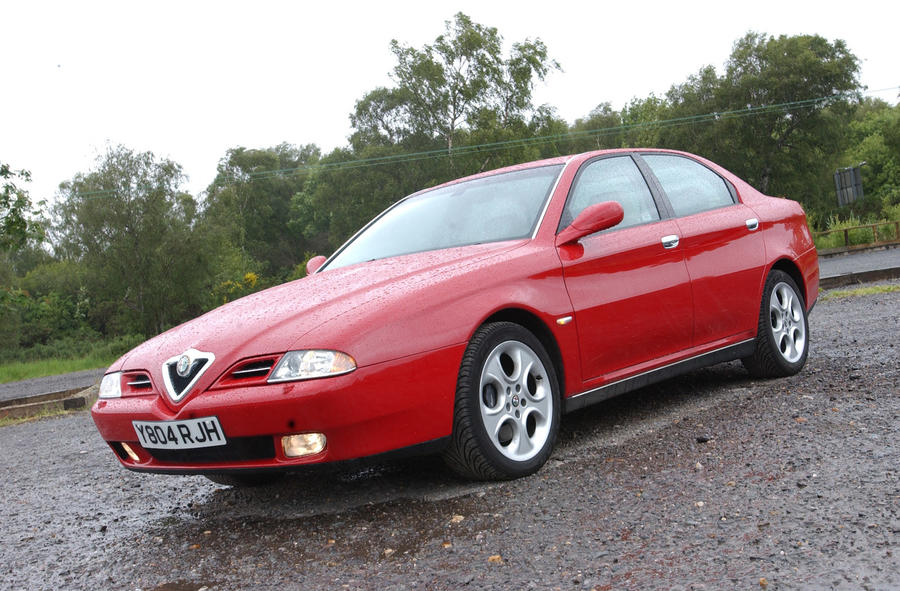
There are, happily, much cheaper cars around, and you needn’t forego that lovely sounding six-shooter. You can find 3.0-litre cars for around £3000 – if you’re feeling lucky – and there was a 2.5-litre V6 as well for variety. The 166 could also be had with a 2.0-litre Twin Spark, which is still a lovely powerplant, and a highly acclaimed 2.4-litre diesel, although this latter version was discontinued in the UK in 2003 and appears all but extinct on our shores.

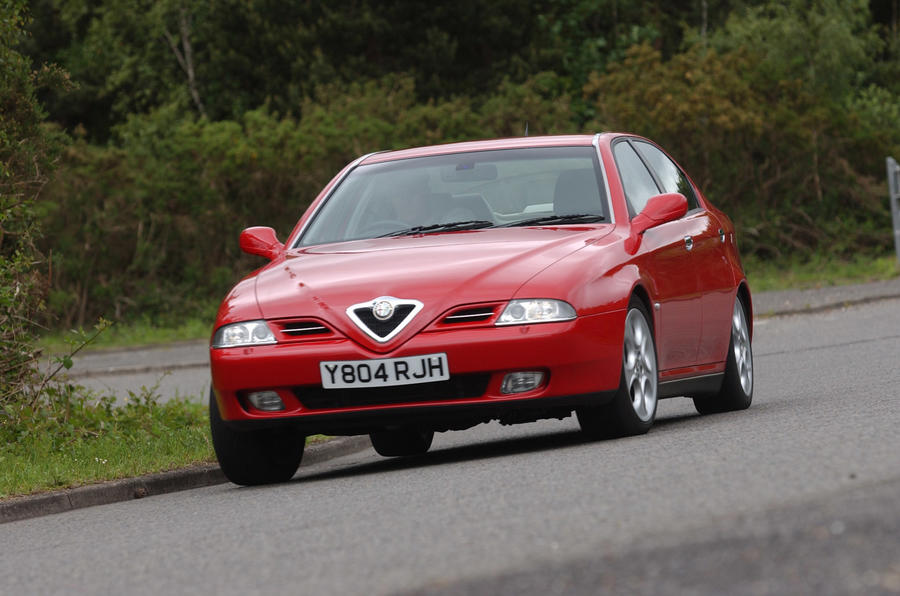







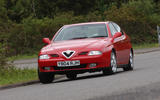








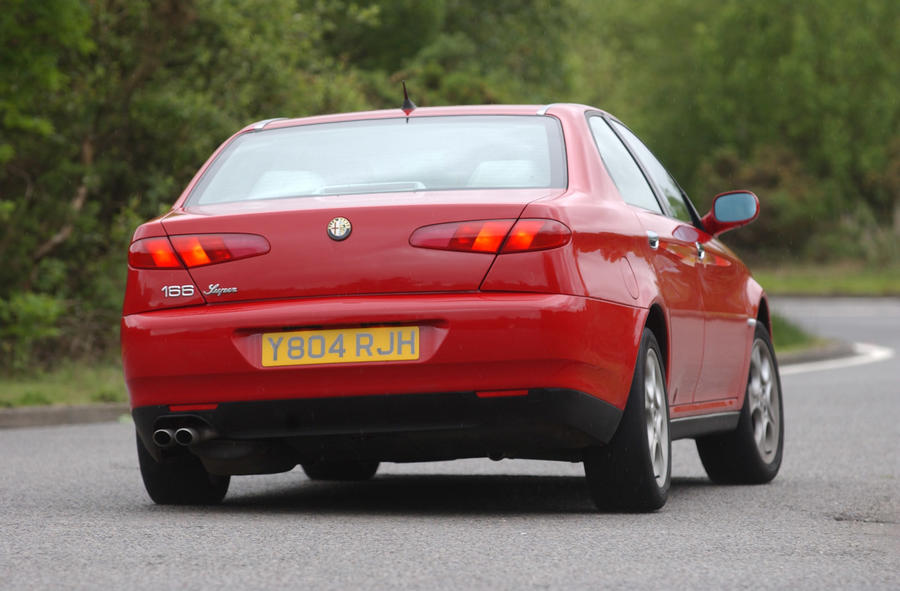
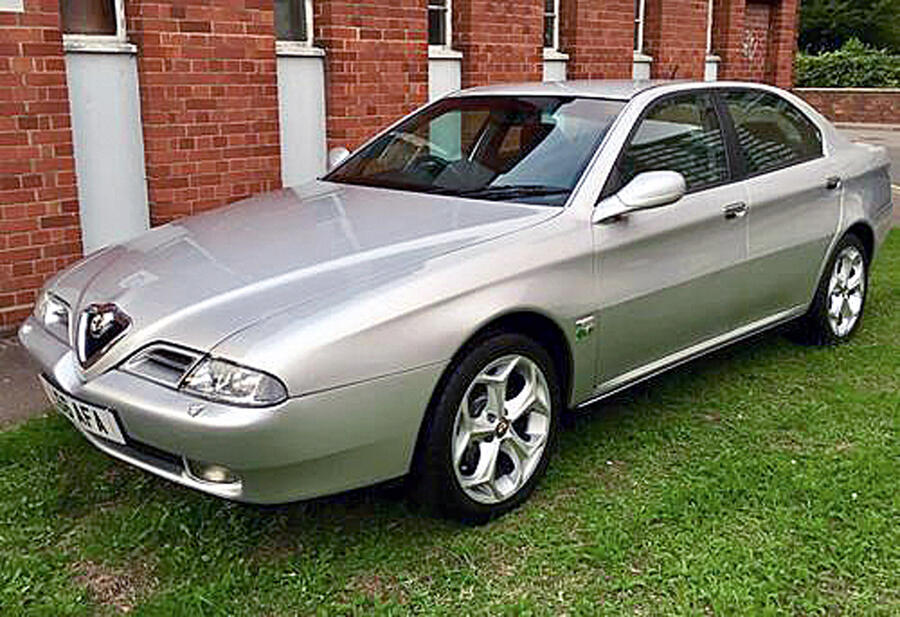






Join the debate
Add your comment
tempting - prefer the facelifts. the dash on these is pretty shonky: not old and analog enough to be classic, just a weird collection of reverse angle surfaces and some dodgy displays.
I didn't 'get' these upon release. Preferred the more harmonous styling of the 164 and 156. But now, after a couple of decades of dumbed down stylistic blandness from most brands, these look absolutely BRILLIANT.
I always preferred the facelift front end.
Felix you really need to buck up your ideas research wise the Alfa 166 was never available with the diesel in the UK sadly.
As I said earlier Autocar is really going downhill lately.